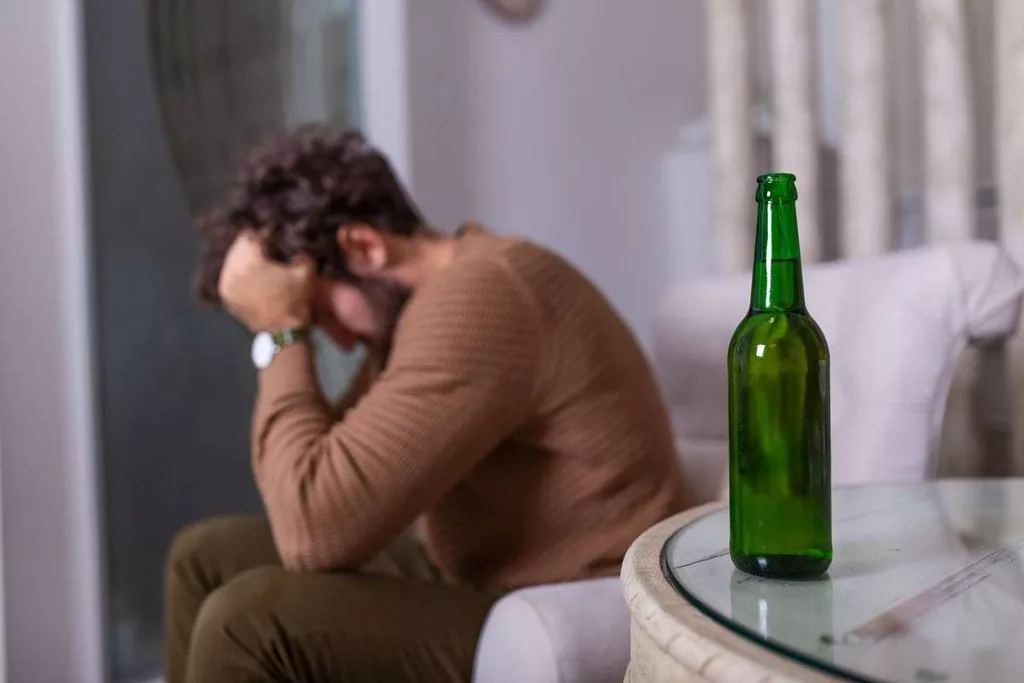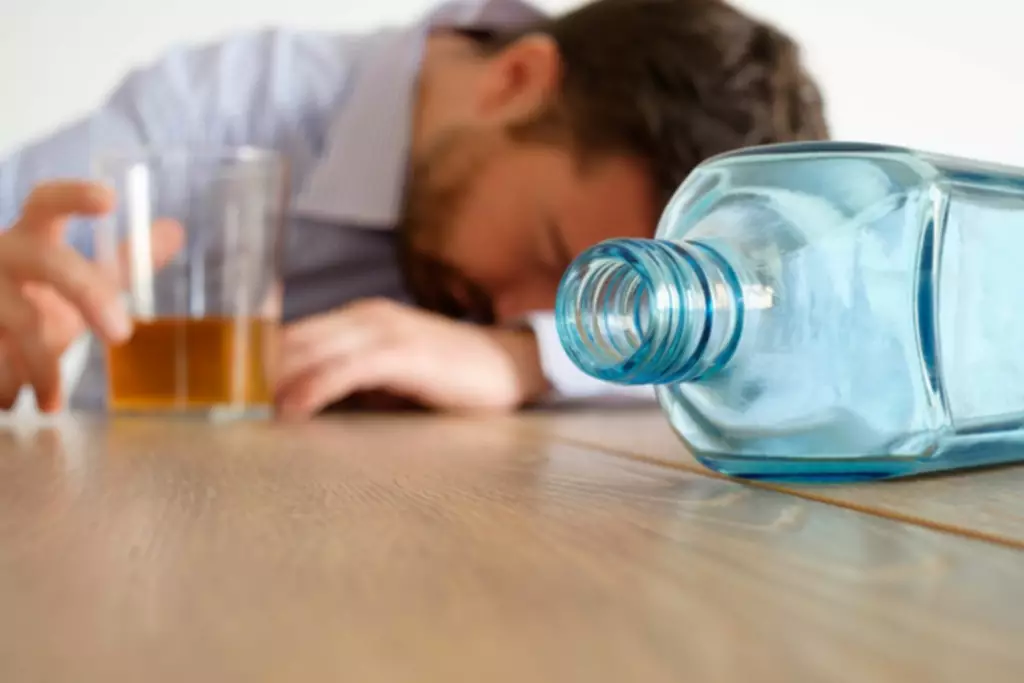According to a 2017 SAMHSA report that charts admissions to and discharges from publicly funded substance use treatment facilities, men are considerably more likely to seek treatment for marijuana use. The gender breakdown of treatment admissions for marijuana was 70.4% male and 29.6% female. When it comes to weed addiction treatment, one of the crucial aspects of long-term recovery is relapse prevention. Relapse refers to the recurrence of substance use after a period of abstinence. By identifying triggers, developing coping strategies, and incorporating continuing care and aftercare, individuals can enhance their chances of maintaining sobriety and preventing relapse.
When to Seek Help for Marijuana Withdrawal
More research is needed to better understand these mental health links and ramifications. Regardless of how THC is ingested, the substance acts specifically on the brain cell’s cannabinoid receptors. When marijuana is smoked, THC passes rapidly from the lungs into the bloodstream, which carries the substance to the brain and other organs throughout the body. Use of medicinal cannabis began in America in the 1850s, when products with cannabis extracts were produced and sold to treat maladies such as pain and muscle spasm. Products containing habit-forming substances such as cannabis were often labeled as poisons and, in some cases, were available only with a physician’s prescription. Some varieties of cannabis plants are also known as hemp, although “hemp” more commonly refers to a fiber derived from such plants.
Smoking Marijuana in Recovery

This program is ideal for educating patients and their families, school faculty and staff, behavioral and mental health professionals, and more. SMART Recovery was established in 1994 in the USA to meet the increasing demand of health professionals and their patients for a secular and science-based alternative to the widespread 12-Step addiction recovery program. Marijuana (also known as Weed or Pot) is the most frequently abused drug in the US and makes up 17% of admissions to treatment programs[1]. It’s important to note that medication-assisted treatment should be prescribed and monitored by a qualified healthcare professional. The choice of medication and dosage will depend on the individual’s specific needs and medical history. The program you choose may employ holistic treatment practices such as acupuncture and yoga.

What Are the Health Effects of Marijuana Use?
- Triggers are specific situations, emotions, or environmental cues that can increase the risk of relapse.
- Doctors prescribe marijuana for pain, muscle spasms, nausea from cancer, poor appetite, weight loss, seizures, or Crohn’s disease.
- Individuals entering marijuana rehabilitation typically have been using the drug predominantly daily and have tried to quit several times without success.
- There are also no life-or-death dangers in quitting marijuana cold turkey or detoxing on your own.
- Insomnia symptoms after you stop using weed can last a few days or a couple of weeks.
- It is advisable to include your therapist, coach, or mentor around these adjustments in order to be sure they are comprehensive enough to support your specific recovery needs.
The herbal substance can be rolled up and smoked like a cigarette, smoked in a pipe, eaten as an edible or inhaled using a vaporizer or vaping pen. While withdrawal symptoms can be uncomfortable, they are not usually dangerous in comparison with withdrawal from alcohol or opioids, which can be life-threatening. Research states that brain receptors called cannabinoid 1 receptors start to return to normal after 2 days without cannabis, and they regain normal functioning within 4 weeks of stopping the drug. People who use weed regularly and then stop abruptly can experience some withdrawal symptoms. This article will explore how and why a person can develop withdrawal symptoms from weed, as well as how to treat them.
- Also, some argue that marijuana is an effective “exit” drug for people who are dependent on harder substances, including opioids.
- While many people can quit on their own, the discomfort of withdrawal often causes them to go back to using marijuana to find relief.
- This indicates that the current effects of cannabis, including withdrawal, may be more extreme compared with their effects in previous decades.
- Human trials won’t start the second that the DEA makes marijuana’s new status official.
The Basics of Marijuana Rehabilitation
It’s the only street drug to be recommended for medical use in the same form that is used for illicit drug abuse purposes. Despite being classified as a Schedule I drug by the federal government, the United Nations Office on Drugs and Crime estimated the use of marijuana increased more than 5% between 2007 and 2017 in the United States. Schedule how long does weed stay in your system I drugs are substances with no currently accepted medical use and a high potential for abuse. Despite marijuana still being classified as a Schedule I drug by the federal government, 33 states and the District of Columbia have legalized medical marijuana, and another 14 states allowed restricted use of medical marijuana, as of 2019.
Marijuana Addiction Treatment Near Me
Can marijuana help people addicted to opioids? Some experts think so. – The Keene Sentinel
Can marijuana help people addicted to opioids? Some experts think so..
Posted: Sat, 18 Nov 2023 08:00:00 GMT [source]
When you address mental health and addiction, you open a world of possibilities. You’ll have the tools to manage your emotions, build healthy relationships, and thrive. A compassionate and understanding environment is necessary for your recovery. When your loved https://ecosoberhouse.com/ ones are informed and supportive, it reduces shame and blame, allowing you to feel safe opening up and facing challenges head-on. By learning about addiction and recovery, your loved ones can move from feeling helpless to becoming active partners in healing.
Gateway Drug
- However, based on a 2018 survey from Washington State, legalization does not seem to have significantly increased use.
- Therapy can be a powerful tool that can be your guide on the road to recovery.
- Studies have shown, however, that chronic use of marijuana can be dangerous, leading to dependence, tolerance, and addiction.
- Recovery Guide LLC is proud to work with an experienced team of writers, medical professionals, expert reviewers, and editors to ensure all content meets the highest editorial standards.
- The nature and extent of any group’s involvement in this process is entirely up to the individual group.
